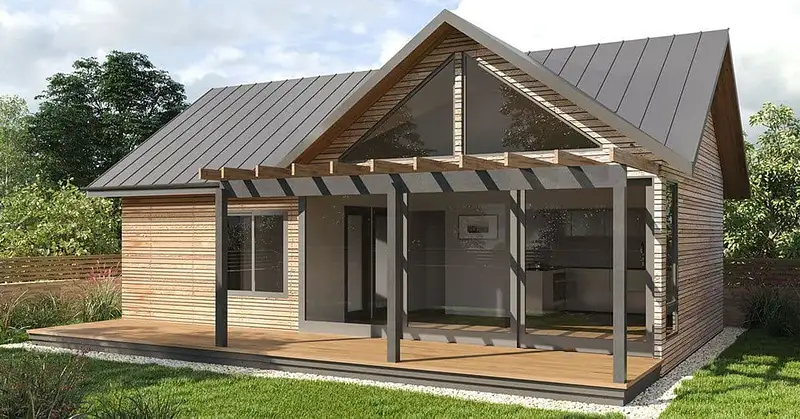Overcapitalization in a building project is a common problem that can have significant financial consequences. It refers to a situation where the amount spent on a building project exceeds its market value. This can happen due to several reasons, such as the use of high-end materials, excessive customization, or overspending on unnecessary features. In this article, we will discuss the signs of overcapitalization and ways to avoid it.
Signs of Overcapitalisation:
High-Cost Materials:
Using expensive and high-end materials in the building project can significantly increase the cost of construction. While high-quality materials can add value to the building, it’s essential to ensure that their cost is not exceeding the value they will bring to the property.
Excessive Customization:
Customization is an excellent way to add personal touches to a building project, but it can quickly become expensive. Over-customization can lead to overcapitalization and can reduce the resale value of the property.
Overspending on Unnecessary Features:
Including unnecessary features in a building project, such as expensive light fixtures or high-tech appliances, can increase the cost of construction significantly. While such features can add value to the property, it’s essential to ensure that their cost is justifiable and reasonable.
Underestimating the Value of the Property:
Overcapitalisation can also occur when the value of the property is underestimated. This can happen due to factors such as an incorrect appraisal, an inadequate understanding of the local real estate market, or a lack of knowledge of the specific property’s potential.
Ways to Avoid Overcapitalisation:
Determine the Market Value of the Property:
Before starting any building project, it’s crucial to have a clear understanding of the property’s market value. This can be done through a professional appraisal or by researching the local real estate market. This will help ensure that the cost of construction does not exceed the property’s market value.
Develop a Realistic Budget:
Developing a realistic budget is crucial in avoiding overcapitalization. This should include all aspects of the project, such as materials, labor costs, and any additional features or customizations. It’s essential to stick to the budget throughout the project to avoid overspending.
Prioritize Necessary Features:
It’s important to prioritize necessary features in a building project to avoid overspending on unnecessary ones. This can be done by determining which features are essential and which ones are not. Necessary features should be included in the budget, while unnecessary features should be eliminated.
Consult with a Professional:
Consulting with a professional, such as an architect or builder, can help in avoiding overcapitalization. They can provide valuable insights and recommendations based on their experience and expertise. They can also help develop a realistic budget and prioritize necessary features.
Consider the Resale Value:
Considering the resale value of the property is crucial in avoiding overcapitalization. This can be done by researching the local real estate market and determining which features and customizations will add value to the property. It’s important to ensure that the cost of construction does not exceed the potential resale value of the property.
Avoid Over-Customization:
Avoiding over-customization is essential in avoiding overcapitalization. While customization can add personal touches to a building project, it’s important to ensure that it’s not excessive. Over-customization can lead to overspending and reduce the resale value of the property.
Conclusion:
Overcapitalization in a building project can have significant financial consequences. It’s essential to avoid overspending on unnecessary features, high-end materials, and excessive customization. Developing a realistic budget, prioritizing necessary features, consulting with a professional, and considering the resale value is crucial in avoiding overcapitalization. By following these steps, you can ensure that your building project stays within budget and adds value to the property without exceeding its market value.

